Improved Literacy Skills
- Enhances vocabulary
- Improves comprehension
- Fosters narrative skills
What if storytelling could unlock your child’s creativity and enhance their understanding of the world? Engaging in storytelling activities is more than just fun; it's a vital part of early literacy development that lays a strong foundation for communication skills.
Storytelling is vital for early childhood development, fostering literacy, emotional intelligence, and cognitive growth. The visual below highlights the key areas impacted by engaging storytelling activities.
As an educator and a passionate advocate for children's literature, I firmly believe that storytelling is a cornerstone of early literacy development. It’s not just about reading words on a page; it’s about weaving narrative threads that enrich a child's imagination and understanding of the world. Engaging in storytelling activities can dramatically enhance a preschooler's ability to express themselves and build a foundation for effective communication and reading skills.
When children hear a story, they are transported into a world where their imagination can roam free. They begin to understand plot structure, character development, and thematic elements, which are essential building blocks for literacy. This process not only makes reading enjoyable but also encourages them to become storytellers themselves, fostering a love for books that can last a lifetime!
Storytelling plays a crucial role in early literacy development by nurturing essential skills such as vocabulary acquisition, comprehension, and critical thinking. Through exposure to stories, children increase their word bank and begin to recognize sentence patterns, which are critical for their reading journey.
As they listen to stories, preschoolers not only grasp the mechanics of language but also begin to comprehend how narratives function in everyday life. They learn that every story has a beginning, middle, and end, which helps them in structuring their own thoughts and ideas.
Engaging in storytelling activities provides numerous emotional and cognitive benefits for preschoolers. First, it encourages empathy by allowing children to step into the shoes of various characters and experience their feelings. This is a powerful way to help them understand different perspectives!
Through storytelling, children not only connect with the material but also with their peers and adults, strengthening important social bonds. In my experience, these connections can lead to lasting friendships, as stories often spark discussions and shared interests among young learners. Exploring creative storytelling ideas for kids can further enhance these benefits.
Preschool education is pivotal in fostering language skills among young children. It provides a structured environment where storytelling can thrive as a key learning tool. At Kids Book Guide, we advocate for integrating storytelling into daily activities, as this approach makes learning both fun and impactful.
By prioritizing storytelling in the preschool curriculum, educators set the stage for effective language development. It's all about creating an atmosphere where every child feels valued and excited about reading and storytelling!
How often do you incorporate storytelling into your child's daily routine? Let us know below:
As we reflect on the incredible benefits of storytelling activities for preschoolers, it's clear that these experiences extend far beyond mere entertainment. Storytelling enhances literacy skills, boosts creativity, and fosters emotional connections, making it an essential part of early childhood education. Not only do these activities help children develop language skills, but they also encourage critical thinking and imagination, which are crucial for their overall development.
Engaging in storytelling can open up a world of possibilities! I invite you as parents and educators to embrace these activities in your homes and classrooms, creating a nurturing environment where young minds can flourish. The key is to make storytelling a regular and enjoyable part of your child’s daily routine.
These benefits are just the beginning! When we introduce storytelling into a child's life, we are not just sharing tales; we are building the foundation for a love of reading and learning.
I wholeheartedly encourage you to try some of the creative storytelling ideas discussed earlier. Incorporating activities such as story stones, puppet theaters, and interactive storytelling can make a significant impact on your child's engagement with literature. Remember, the goal is to spark their imagination and create lasting memories together!
Don't hesitate to personalize these activities based on your child's interests. For example, if they love animals, focus on stories that revolve around their favorite creatures. This tailored approach not only keeps them engaged but also reinforces their connection to the narrative.
For those looking to deepen their understanding of storytelling, there are numerous resources available. Books on children's literature, websites dedicated to literacy tips, and local community programs can provide valuable insights. Additionally, Kids Book Guide is a fantastic place to find curated book recommendations that align with your storytelling activities! You might also find valuable insights from renowned Australian authors for young readers.
Consider joining local book clubs or online forums focused on children’s literature to share experiences and gather new ideas. Engaging with other passionate individuals can enhance your storytelling journey and inspire fresh approaches!
Have you tried a storytelling activity that was a hit with your preschooler? I would love to hear your stories! Sharing your experiences fosters a sense of community and can inspire others to embark on their storytelling adventures. You can share your thoughts via comments on our blog or connect with us on social media!
Every story shared creates a ripple effect, encouraging more families and educators to engage in the magic of storytelling. Together, we can cultivate a love of reading that lasts a lifetime!
Finally, consider participating in storytelling workshops or enrichment programs that focus on enhancing storytelling techniques. These can be incredibly beneficial not only for children but for parents and educators too! Look for local opportunities or online classes that provide hands-on experiences and expert guidance in storytelling.
By investing in these educational opportunities, we can refine our skills and create more enriching experiences for our little ones. Let’s make storytelling an integral part of their learning journey!
Here is a quick recap of the important points discussed in the article:
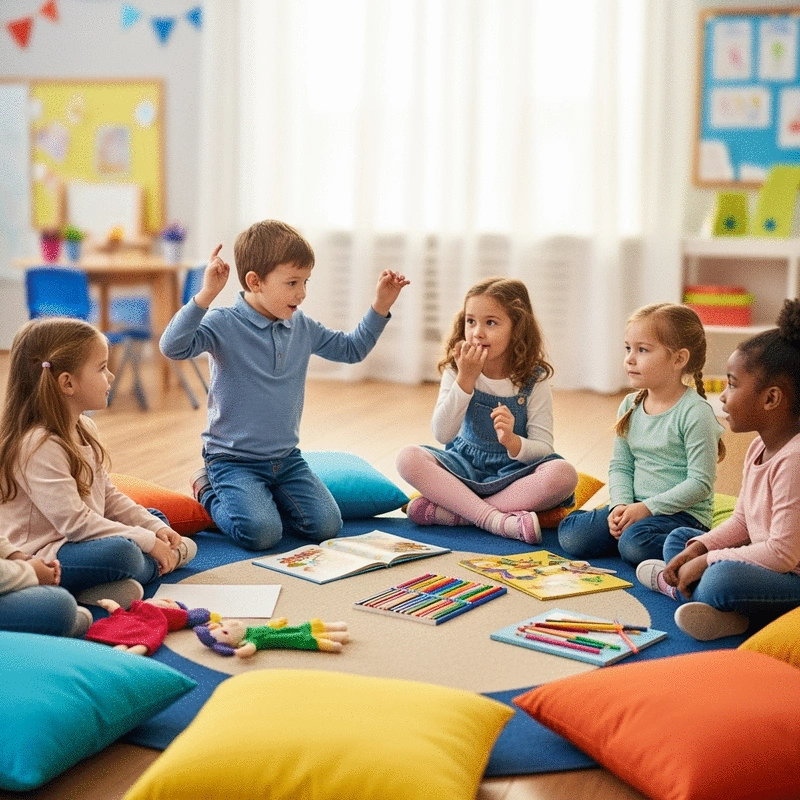
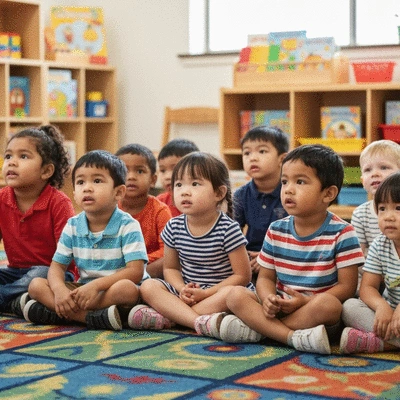
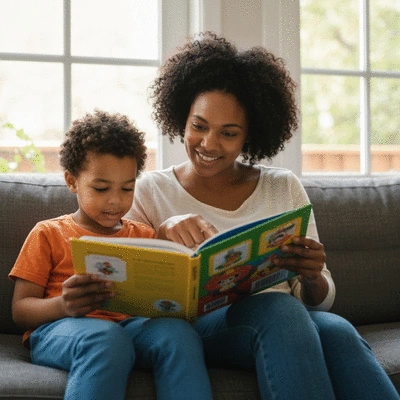
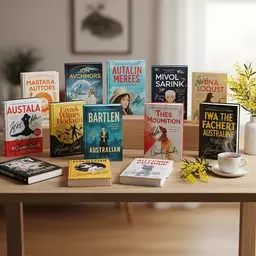 As you navigate the vibrant world of children's literature, think about how a simple signature can t
As you navigate the vibrant world of children's literature, think about how a simple signature can t
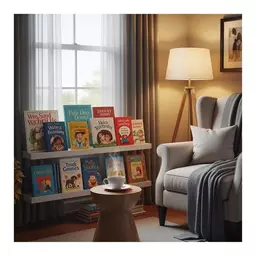 What if the right book could unlock your child's imagination and build their future? Understanding a
What if the right book could unlock your child's imagination and build their future? Understanding a
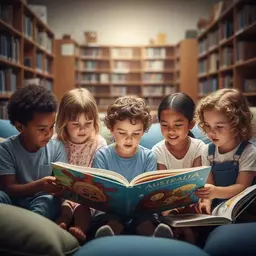 Reading stories isn't just a pastime; it's a powerful catalyst for children's education. Australian
Reading stories isn't just a pastime; it's a powerful catalyst for children's education. Australian
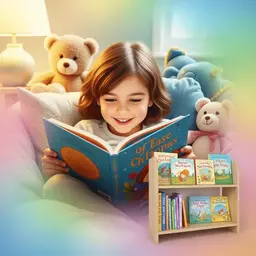 In the words of Aveline Carter, "The journey of discovering books can be just as exciting as reading
In the words of Aveline Carter, "The journey of discovering books can be just as exciting as reading